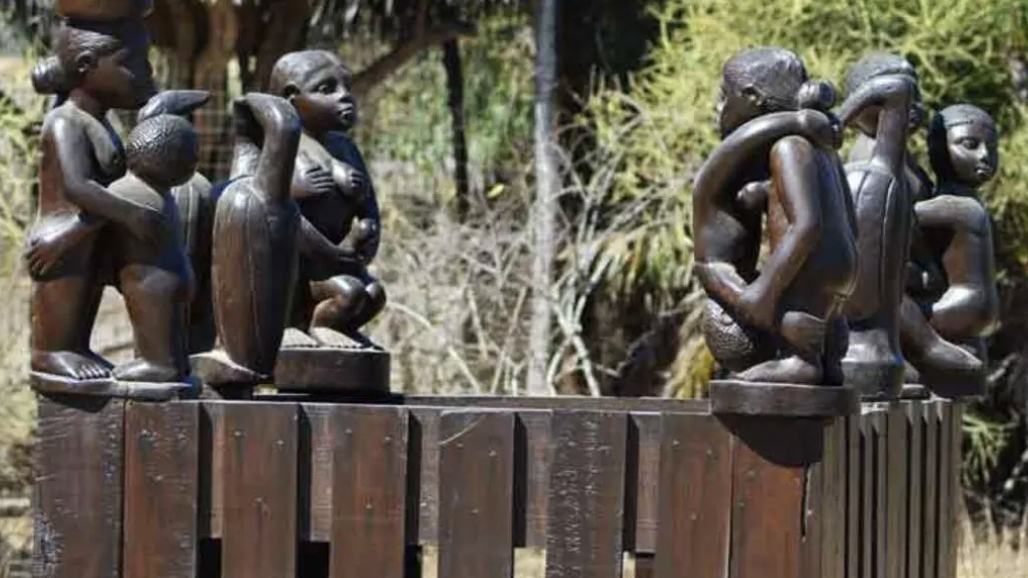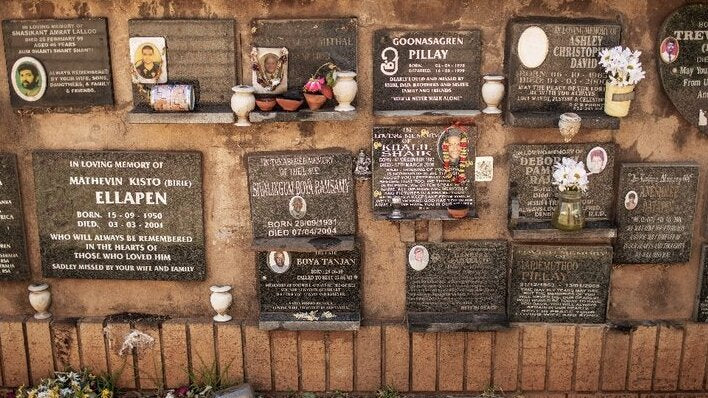
Historical Reconstruction: Three Human Skulls Linked to the Colonial Conquest of Madagascar Return to the Island
The colonial conquest of Madagascar marked the island's history with violence, human losses, and dispossession. More than a century later, a powerful symbolic gesture has just been made: France has returned three human skulls, including one attributed to King Toera, the last independent ruler of the Sakalava kingdom of Menabe. This highly symbolic act opens a new stage in the memorial dialogue between Paris and Antananarivo.
A highly symbolic restitution
A State-to-State Event
The official restitution ceremony will be held on August 26, 2025, at the Ministry of Culture in Paris. Rachida Dati , French Minister of Culture, Volamiranty-Donna Mara, her Malagasy counterpart, and Thani Mohamed-Soilihi, Minister Delegate for Francophonie, will be present.
A long-hidden memory
These human remains, seized at the time of the colonial conquest of Madagascar, are considered major relics. Their return constitutes an important step in the recognition of the suffering endured by the Malagasy people during the colonial period.
King Toera, a figure of resistance
Last Sakalava ruler of Menabe
Among the returned skulls, the one attributed to King Toera holds particular significance. Leader of the Sakalava kingdom of Menabe, Toera fiercely opposed French colonial expansion in the late 19th century. His capture and death symbolize the fall of one of the island's last independent kingdoms.
A rehabilitated heritage
This restitution serves to rehabilitate the memory of King Toera and, beyond that, to recall the Malagasy resistance to colonial occupation. It contributes to Madagascar's reappropriation of its national history.
An approach part of a broader movement
Significant precedents
The restitution of human remains is not a first. Other African countries, such as Algeria and Benin, have obtained the return of relics or works looted during the colonial period. Each gesture contributes to rebalancing the memory relationship between Europe and Africa.
Towards a memorial reconciliation
Beyond the symbolic aspect, this return of the skulls paves the way for strengthened cultural and historical cooperation. The colonial conquest of Madagascar remains a raw wound, and these gestures of recognition are essential for building a common future based on respect and historical truth.
The return of these three human skulls marks a major step in the work of remembrance between France and Madagascar. More than a simple transfer, this is an act of historical justice that helps restore dignity to the victims of Madagascar's colonial conquest.



Leave a comment
This site is protected by hCaptcha and the hCaptcha Privacy Policy and Terms of Service apply.